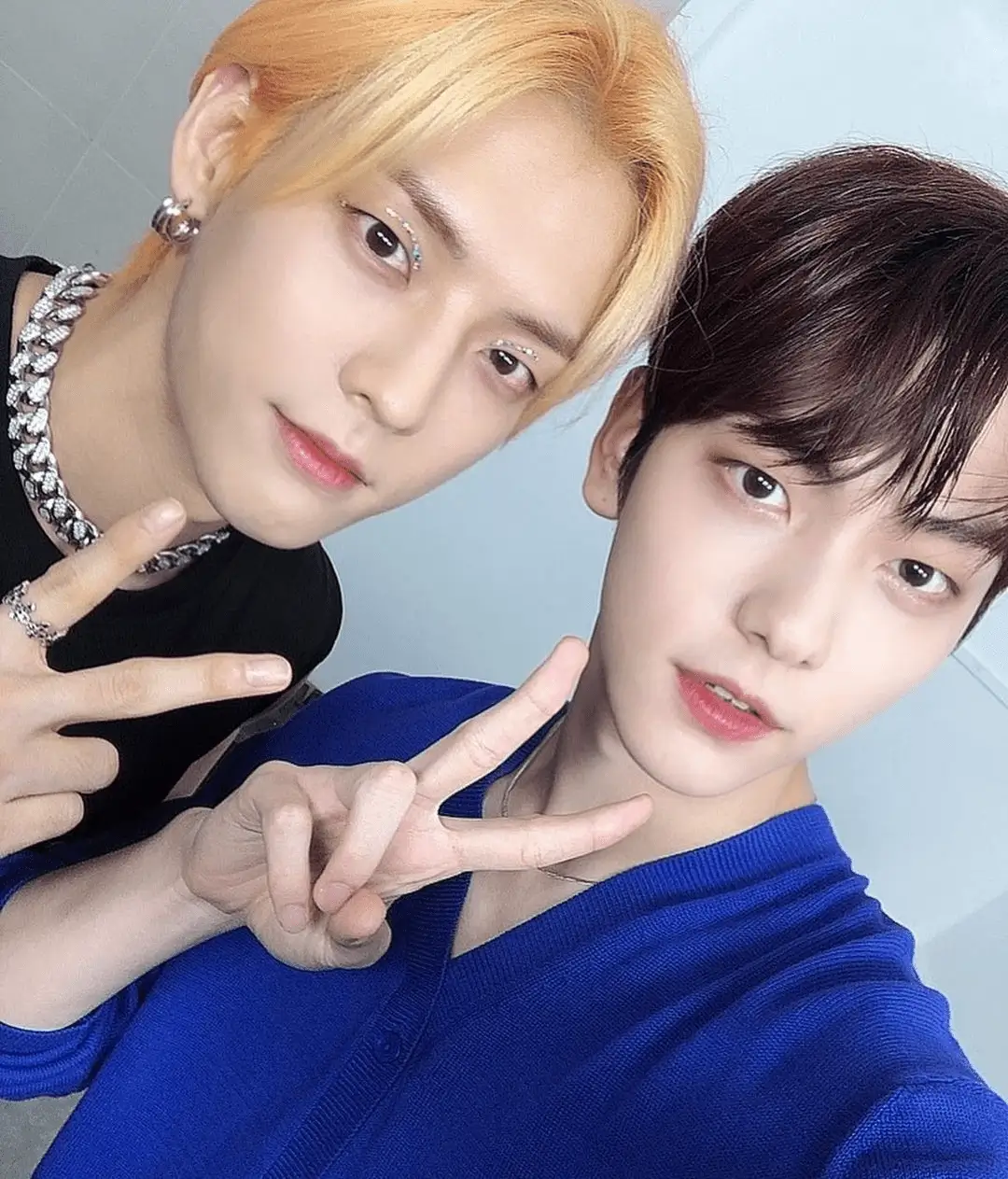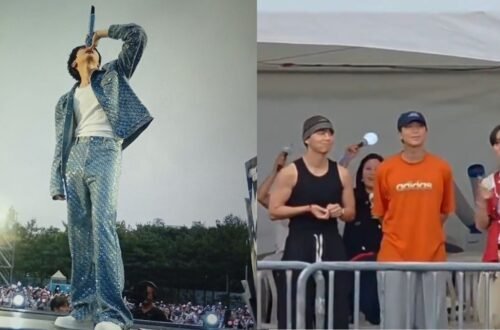When I got into K-pop, I thought the same: why do all idols look the same? Even people who don’t follow K-pop have asked me the same question. My friends used to ask me, “How do you differentiate between them?”
To answer these questions, we have to find out exactly what idols want to look like. To be honest, they don’t look the same, but idols do have a lot of similarities in many ways.
As we know, South Korea has very strict beauty standards. For idols, these beauty standards get narrowed down to a point where they all want to look a certain way. Everyone wants a certain facial shape, nose shape, double eyelid, and all. If you put some clay in the same mold every time, it’s inevitable that all outputs will look the same. This very thing is happening to K-pop idols. They go through the same surgeries, the same facial prosthetics or treatments, and that’s why they look the same to some point.
As if it isn’t enough! Make-up and styling make it a beautiful mess. Every idol wears the same makeup, especially idols in a group. Either makeup artists lack artistic sense, or they are bound to follow certain trends while doing makeup. Styling is the final nail in the coffin. Instead of creating trends, most K-pop stylists tend to follow trends.
Beauty procedures, makeup, styling — all things that put on the same beauty standard is what makes idols look alike. In recent times, people seem to not like this tendency, especially people outside South Korea. Fans want to see the uniqueness of each idol. Each person has unique beauty which attracts attention towards the person, but idols, especially from 4th gen and 5th gen, lack uniqueness.
If we see carefully, 1st gen, 2nd gen, and 3rd gen idols don’t fall into this topic much. This is mostly a debate of recent years, and commonly 4th gen and 5th gen idols are the talked-about idols.
There is a thing called “The cross-race effect” (also called the other-race effect). It is a psychological phenomenon where people have more difficulty recognizing and differentiating faces of a race different from their own. This cross-race effect is also a reason why we find idols identical.





